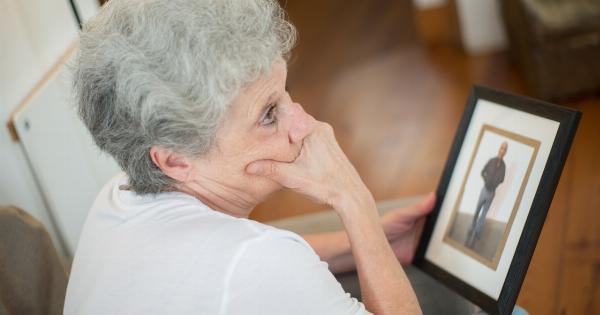One of the most common reasons why women may experience pain during sexual intercourse is due to a lack of lubrication. Adequate lubrication is essential for smooth penetration and to prevent friction and discomfort.
Certain factors can contribute to insufficient lubrication, such as hormonal imbalances, menopause, breastfeeding, certain medications, or inadequate foreplay.
2. Vaginal infections
Vaginal infections such as yeast infections, bacterial vaginosis, or sexually transmitted infections (STIs) can cause pain during intercourse. These infections can result in inflammation, itching, burning, and discomfort, especially during penetration.
Seeking medical treatment and practicing safe sex can help prevent and treat these infections.
3. Vaginismus
Vaginismus is a condition characterized by the involuntary contraction of the muscles surrounding the vagina. This can make penetration painful or even impossible.
Vaginismus may be caused by psychological factors, such as fear, anxiety, trauma, or past negative experiences. Treatment may involve therapy, relaxation techniques, and gradually desensitizing the vaginal muscles.
4. Endometriosis
Endometriosis is a condition where the tissue that normally lines the uterus grows outside of it. During intercourse, the penetration and movement can cause irritation and inflammation of the endometrial tissue, leading to pain.
Women with endometriosis may also experience pain during menstruation and other pelvic discomfort.
5. Pelvic inflammatory disease
Pelvic inflammatory disease (PID) is an infection of the female reproductive organs, usually caused by bacteria from sexually transmitted infections.
Along with other symptoms like abdominal pain and irregular bleeding, PID can result in pain during intercourse. Prompt medical treatment is necessary to prevent complications and further damage to the reproductive organs.
6. Ovarian cysts
Ovarian cysts are fluid-filled sacs that form in or on the ovaries. They can occasionally cause pain or discomfort during sexual intercourse, especially if they are large in size.
Ovarian cysts may be benign or require medical intervention, depending on their nature and symptoms.
7. Uterine fibroids
Uterine fibroids are non-cancerous growths that develop in the wall of the uterus. They can vary in size and location and may cause pain or pressure during sex, depending on their position.
Treatment for uterine fibroids may involve medication or surgery, depending on the severity of symptoms.
8. Psychological factors
Psychological factors such as stress, anxiety, low self-esteem, or relationship issues can also contribute to pain during sexual intercourse. Emotional well-being and a positive sexual experience are closely linked.
Seeking support from a therapist or counselor can help address and overcome these psychological barriers.


























